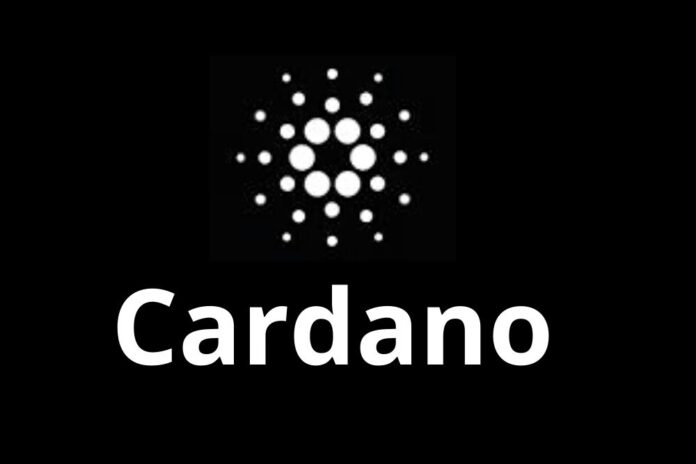In the quest to enhance decentralization, Cardano, the largest proof-of-stake (PoS) blockchain, has rolled out a new peer-to-peer (p2p) testnet.
In a blog post, Input Output Global (IOG), the software firm behind the development of Cardano (ADA), stated that its team is working with a small group of pool operators to test its capability.
Read Also: Charles Hoskinson Says IOG Has Started Process of Equipping Cardano to Resist Quantum Attacks
According to the firm, there are relatively 3,000 stake pools run by operators managing the distributed nodes that power the network.
The blog post reads in part as follows:
“To increase decentralization and simplify node communications, we’ve been establishing a P2P network. Direct interaction between peers streamlines communication between the thousands of distributed nodes that will maintain the network without reliance on federated relays.
“This will be done by automated P2P networking components. Automating the process of peer selection brings us closer to a fully decentralized network and simplifies the process of running a relay or a block-producing node.”
The peer-to-peer capability is intended to launch on the network due to the need for a reliable communication between nodes.
Read Also: Cardano-Based Decentralized Exchange, SundaeSwap, Is Finally Live On Public Testnet
The update emphasizes that the p2p is still an experimental feature. Though it’s part of future releases, it will not be entirely integrated on the network despite the launch. The pool operators will assess the environment by configuring their nodes for direct interaction with each other:
“The P2P mode will enable ‘churn’ to ensure dynamic promotion and demotion of peers. Updating network configuration will also be simpler for SPOs because their nodes do not have to be restarted,” IOG added.
The firm indicated that the current system for communication between nodes on the Cardano blockchain depends on files that basically describe the static configuration of the network. This also relies on IOG nodes, which called for the P2P tesnet launch to enhance the decentralization of the network.
Follow us on Twitter, Facebook, Telegram, and Download Our Android App



